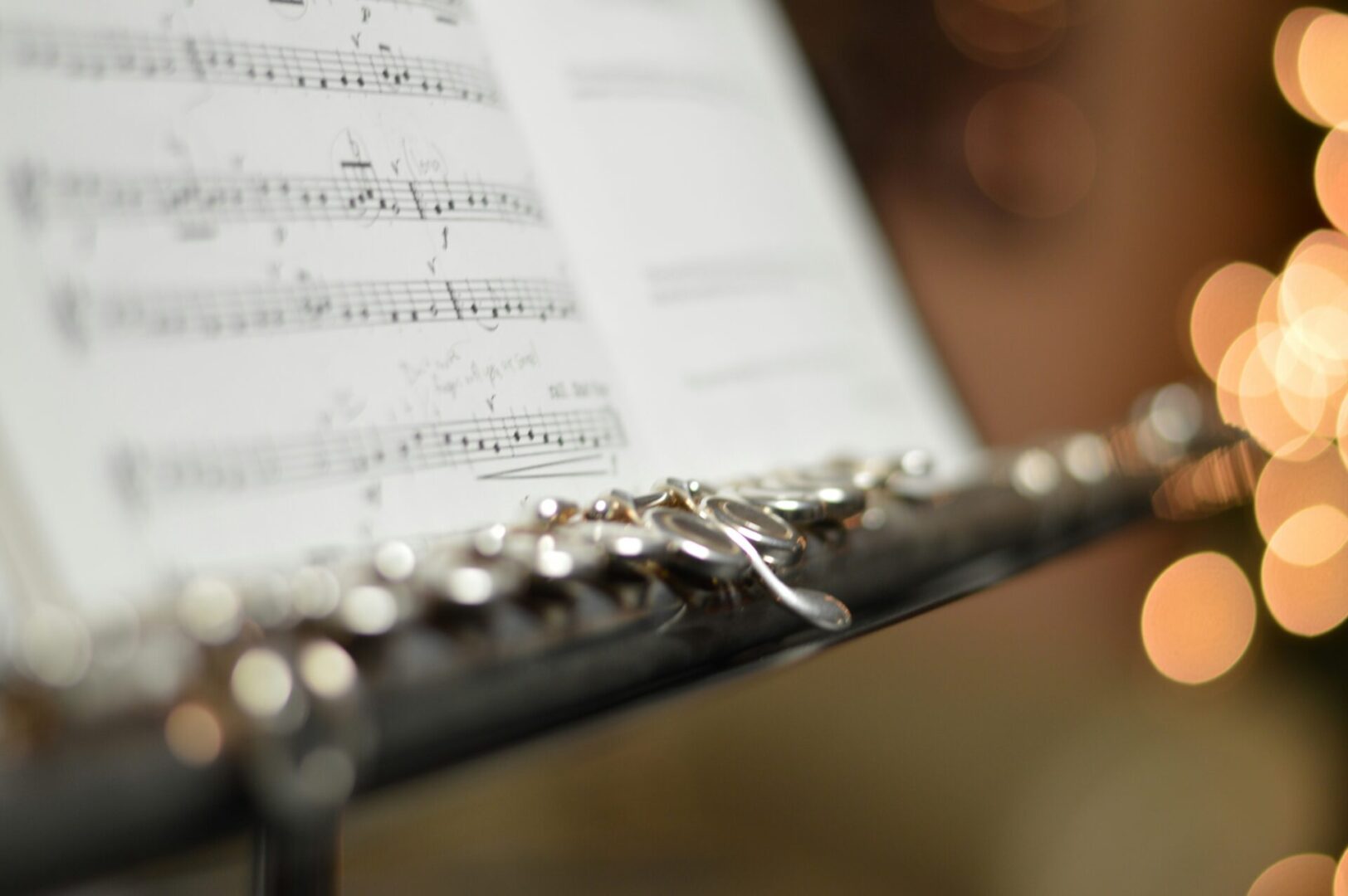
Tuning into Notable Blessings (by guest Frances King Abrams)
In my elementary school days, a highlight was a bus trip downtown to hear the symphony orchestra play “Peter and the Wolf.” The composition by Russian composer Sergei Prokofiev introduces children to orchestral instruments. The strings (viola, violin, string bass, and cello) represent the main character, Peter. French horns represent the wolf. Other characters portrayed are the grandfather (bassoon), hunters (percussion), duck (oboe), cat (clarinet), and my favorite, the little bird, represented by the flute.
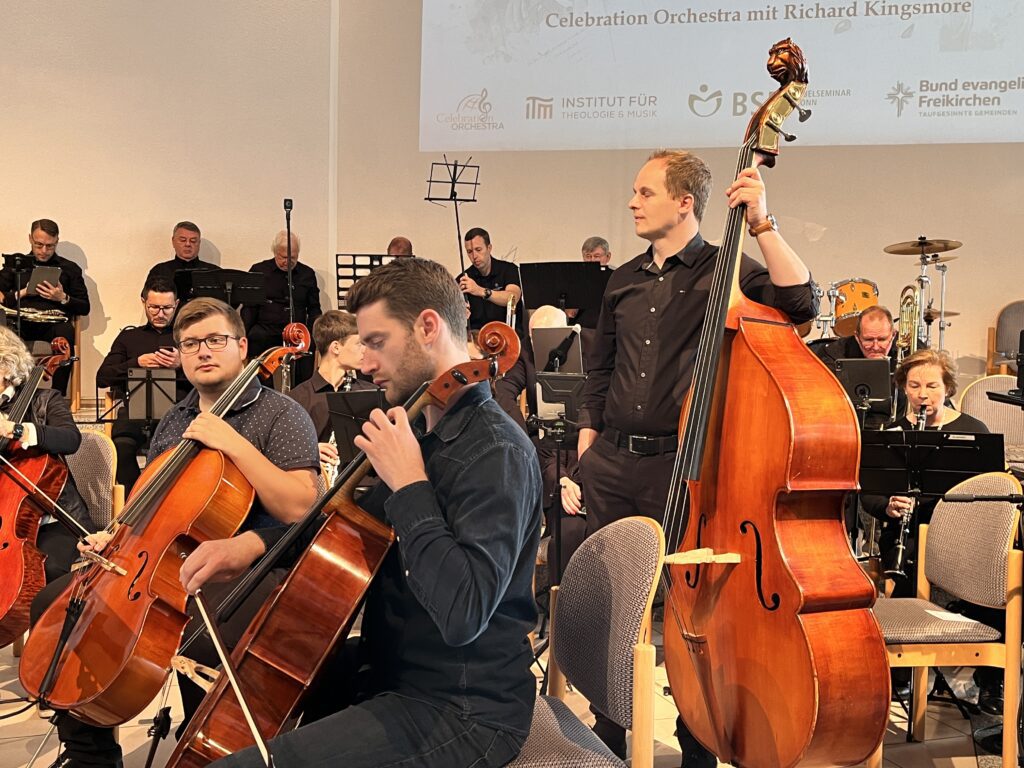
I played flute in seventh and eighth grades but with no interest in our high school’s marching band, I put my instrument aside, choosing vocal classes as my ninth and tenth grade electives. Church choir became my music interest in adulthood, but the absence of playing my flute troubled me.
For my 50th birthday, I purchased a flute from a pawn shop and began occasional lessons. I still have my pawn shop flute, but my husband bought me a shiny new flute this year. Work schedules, moves, and other priorities shoved the flute lessons aside, but my love for the “little bird” remained close at heart. Though decades passed, after moving back home to Birmingham, I decided to resume lessons at my church’s music academy.
Our church’s wonderful orchestra amazed me with the inspiring music they brought to the worship service. Maintaining my place in the choir’s alto section, I envied the orchestra members, especially the flutists, who sounded so professional.
I could never play in an orchestra! I’m a writer, not a musician. (Never muse “never.”)
Our senior adult choir director, also the orchestra conductor, invited me to a summer orchestra lab. I attended but felt so inadequate that I didn’t join the orchestra. Two years later with more private lessons, I attended again and decided to give the orchestra a try. It opened my eyes to one of the most challenging experiences of my life.
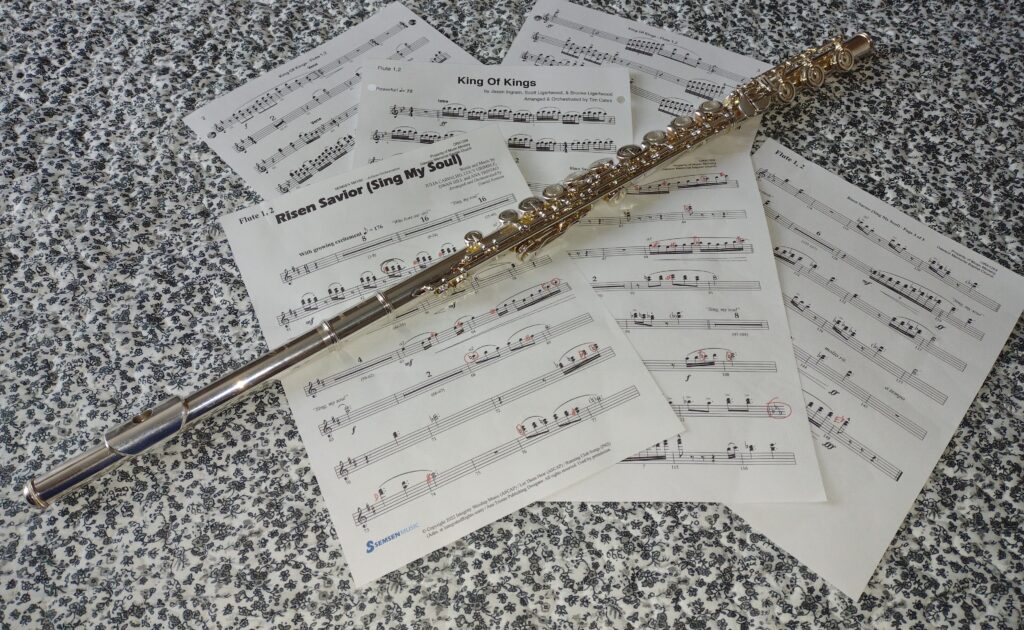
I was accustomed to playing solos – melodies I recognized and often picked up by ear. Now, when practicing alone, I grappled with counting measures, listening to new tempos, adapting to key changes, and adjusting to unrecognizable parts. The orchestra parts alone make little sense. I am only playing notes, observing rests, and counting measures. My part doesn’t sound melodic. Oh, but when the orchestra comes together with all members playing their parts, the notes and rhythms swell creating a beautiful prelude, hymn, or anthem.
As I grow in this venture, I continue to discover parallels to Christian service. Like the characters in “Peter and the Wolf,” each Christian plays a significant, unique, and necessary role. How would Prokofiev’s composition tell his story without the horns (wolf), the strings (Peter), or my favorite little bird, the flute?
The Bible describes believers’ roles in the church as spiritual gifts. These gifts are recorded in Ephesians 4:11, Romans 12:6-8, I Corinthians 12:8-10; 12:28, and I Peter 4:11. Though spiritual gifts are not natural talents, they are expressed through natural talents such as teaching, evangelism, encouraging, administering, speaking (prophesying/preaching), or showing mercy.
In the church, your role may seem insignificant but even the smallest part is essential. Paul says in I Corinthians 12:14-21, “If the foot says, ‘Because I am not a hand, I am not part of the body,’ it is not for this reason any less a part of the body…” (vs.15) “And the eye cannot say to the hand, ‘I have no need of you…” (vs.21).
As God helps us fine-tune our gifts, we seek to edify the church for God’s glory. Together, our endeavors make sense, and the light of Christ reaches into a sinful world. When our gifts touch lives, a symphony is heard.
It is never too late to try something new. Remember Caleb? He was 85 when he requested his promised piece of land from Joshua. Forty-five years had passed since Caleb explored the land of Canaan. “Give me this hill country” (Joshua 14:12). “I will drive them [the descendants of Anak] out of the land.” Caleb wholeheartedly followed the Lord.
Did I mention that I am 78? I do not know how many years I have left on this earth, but I do not want to stop learning and growing until God says, “Well done.” So, for now, I will continue “tweeting.” What would we do if there were no little birds?
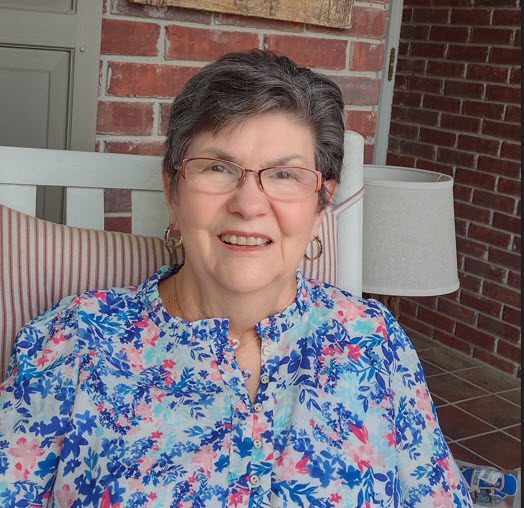
Frances King Abrams is the author of The Widow’s Song devotional for widows and A Frog Named Abraham for children. She has written short stories and articles for newspapers, magazines, anthologies, and as a public-school information writer in Chambers County, Alabama.
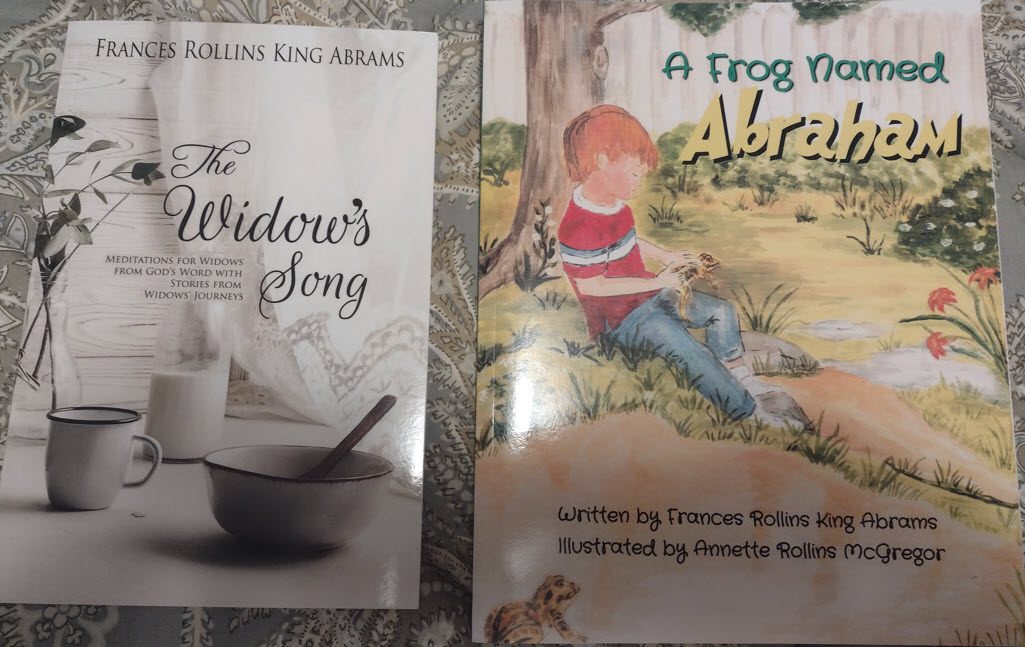
7 Comments
Leave a Comment
Follow This Blog
Ewe R Blessed Ministries / Karen O. Allen
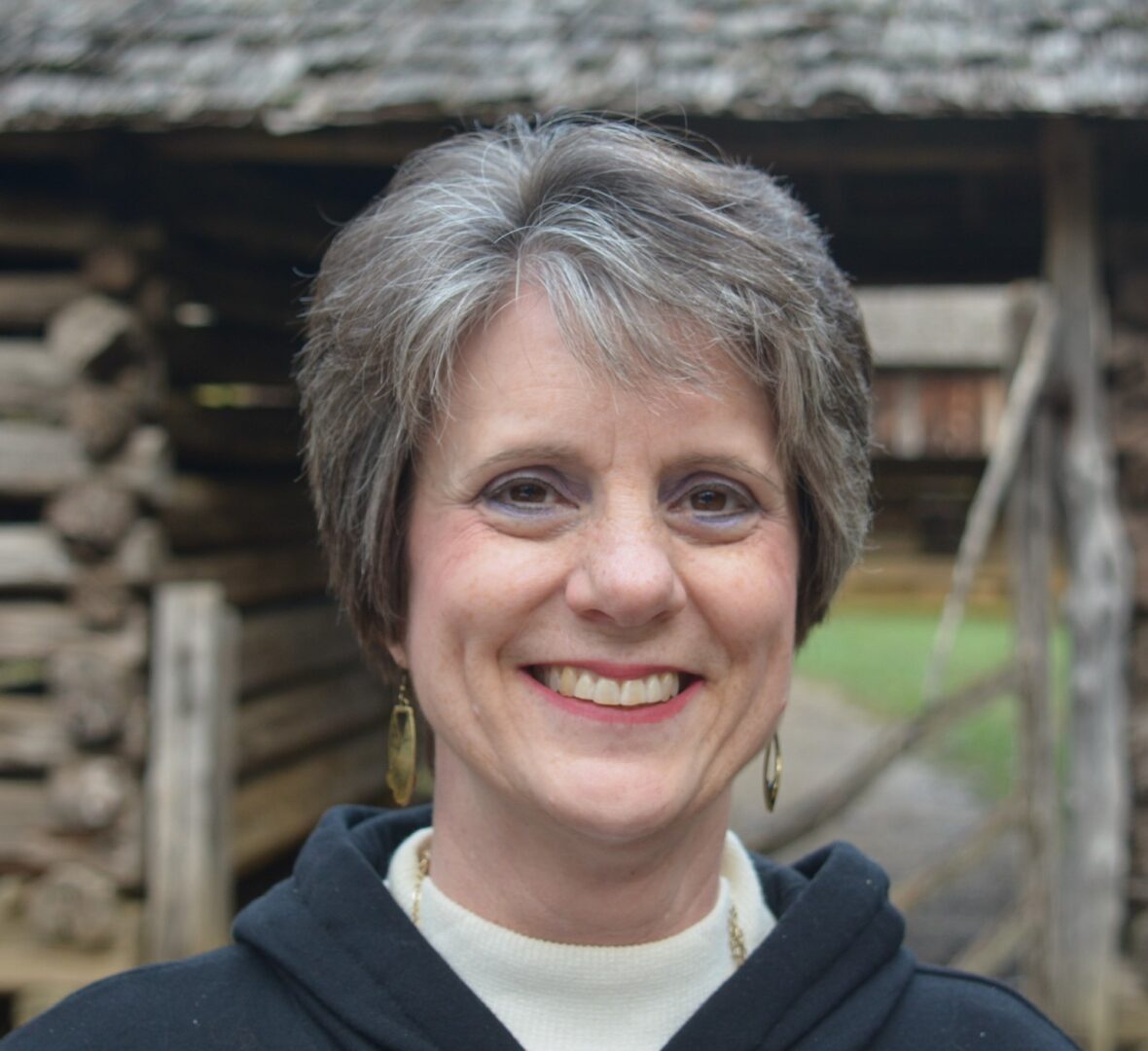
With the guest blogger’s reminders, I recall the important part I play in God’s plan.
Love this article….thankful you are following your dreams at Dawson!!!
I think it is wonderful how she is not afraid to try new things. Go, Frances!
I love life analogies for spiritual principles! Thanks Francis❣️
That Frances did a nice job, didn’t she?
So many times I feel this way about my own writing, that it can’t compare to the beautiful things that I read. Thank you so much for this!
I feel that way, too, Lara. I bet all writers do at one time or another. Thanks for commenting.